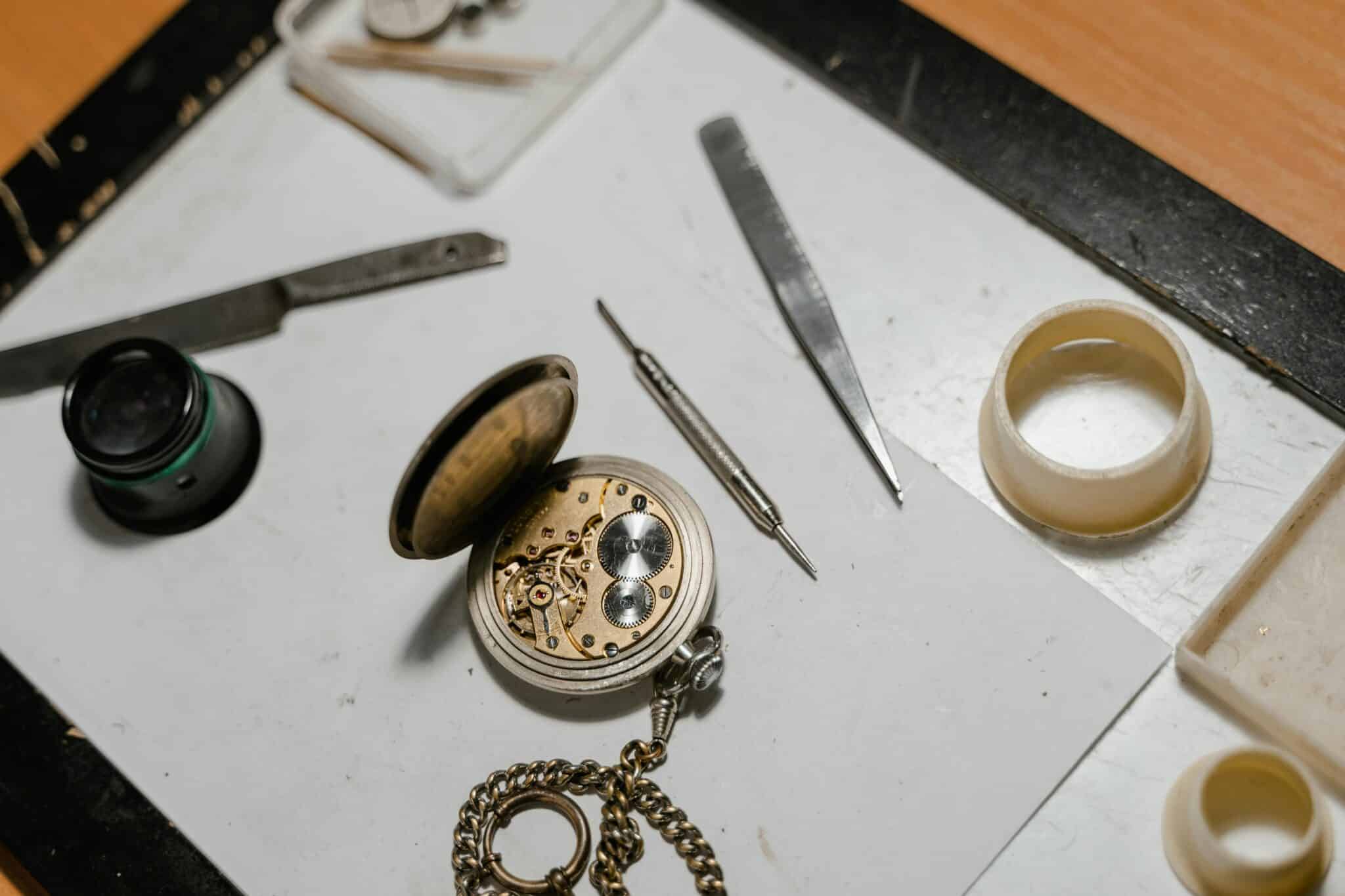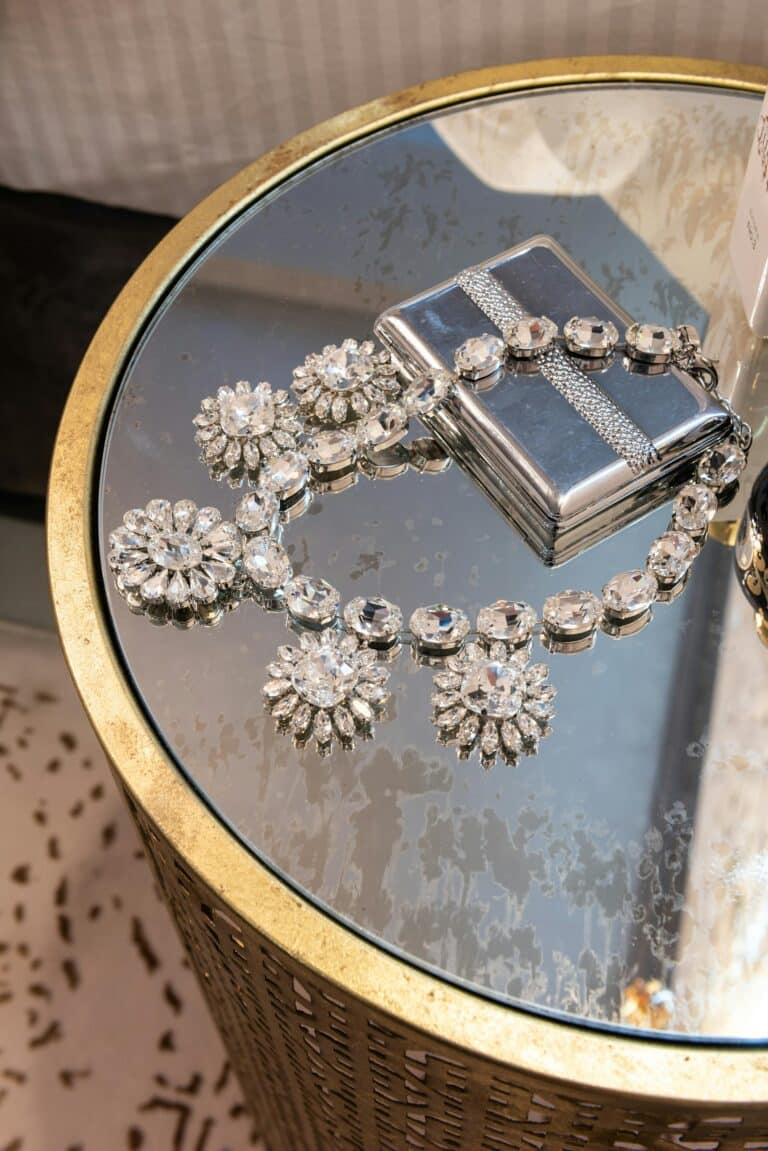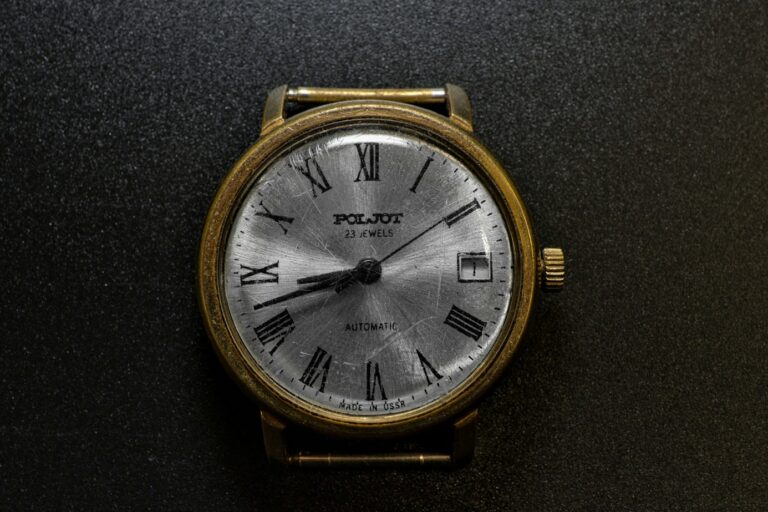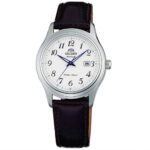Going to a watchmaking workshop in New York is a hands-on journey into horology—ideal for curious beginners and passionate collectors alike. Across the city, NYC watchmaking classes put you at the bench to disassemble/assemble a mechanical movement, handle tools correctly, and appreciate what makes a timepiece tick. Among the options, the specialist atelier Objectif Horlogerie—known for small-group, tool-in-hand sessions—now hosts dedicated courses in New York alongside institutions like HSNY, so it’s easy to book a spot even with zero prior experience. Because the most popular workshops sell out quickly, plan ahead and reserve early.
Key Takeaways
-
Workshops suit all levels, from complete beginners to seasoned enthusiasts.
-
Expect real bench time with expert watchmakers—some providers, such as Objectif Horlogerie, emphasize practical practice and confidence with core tools.
-
Seats are limited; pre-registration is essential.
-
You’ll explore mechanical movements and craftsmanship in depth.
Understanding the World of Watchmaking
Watchmaking is more than a skill; it’s a mix of art and science. It explores the world of timekeeping deeply. At its heart is horology, the study and craft of making clocks and watches. Going to a watchmaking courses in New York is a special chance to dive into horology. The history of horology shows how ancient civilizations started the path to today’s watches. This field combines mechanical engineering, aesthetic design, and more. It has grown a lot over the centuries.
What is Horology?
Horology is the study of timekeeping devices. It covers the mechanics, design, and history of watches and clocks. It shows how craftsmanship and technology have transformed simple devices into complex timepieces. People who love horology learn about design, movement, and function—and discover the art in each piece.
Why Attend a Watchmaking Workshop?
Attending a watchmaking course in New York is a unique opportunity to learn by doing, directly from experts. You’ll assemble movements, understand key mechanisms, and practice the skills behind fine watchmaking. Providers like Objectif Horlogerie keep formats approachable without sacrificing rigor, helping you build foundational technique and vocabulary.
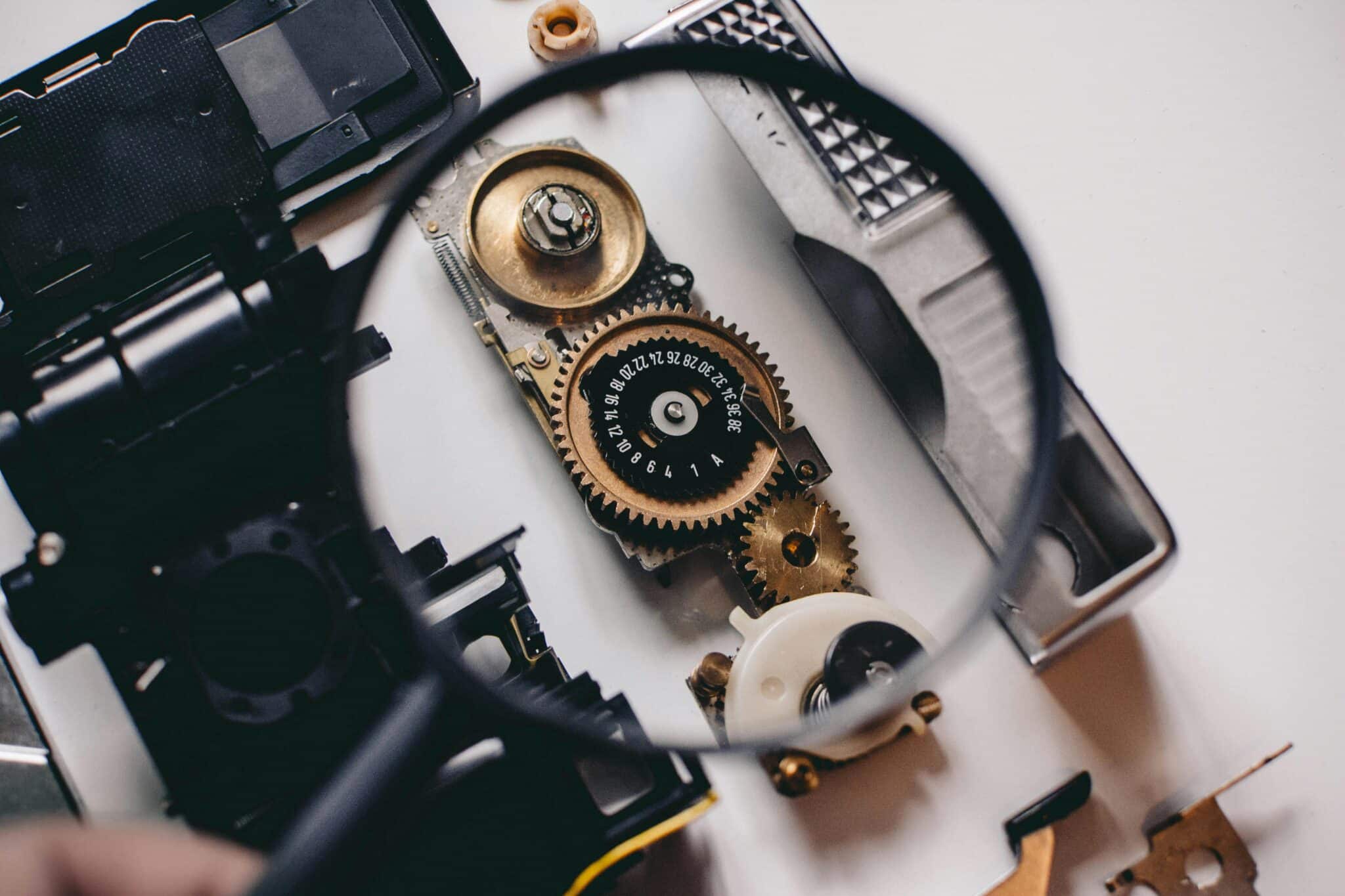
Types of Watchmaking Workshops Available
Starting your watchmaking journey is both thrilling and fulfilling. Today, you can find many workshops that match your interests and skill level. The Discovery Workshop is great for beginners, while a Masterclass targets learners who want to go deeper.
The Discovery Workshop
The Discovery Workshop is perfect for beginners. It’s a hands-on experience that introduces you to watchmaking’s essentials—safe tool handling, basic disassembly/assembly, and movement anatomy. Sessions run in New York by institutions such as HSNY and Objectif Horlogerie often focus on confidence at the bench and simple troubleshooting.
The Masterclass
The Masterclass is for those who want more than the basics. It’s designed for people with some experience who want to refine precision and learn advanced techniques. Experts share insights in small groups, encouraging interaction and targeted feedback.
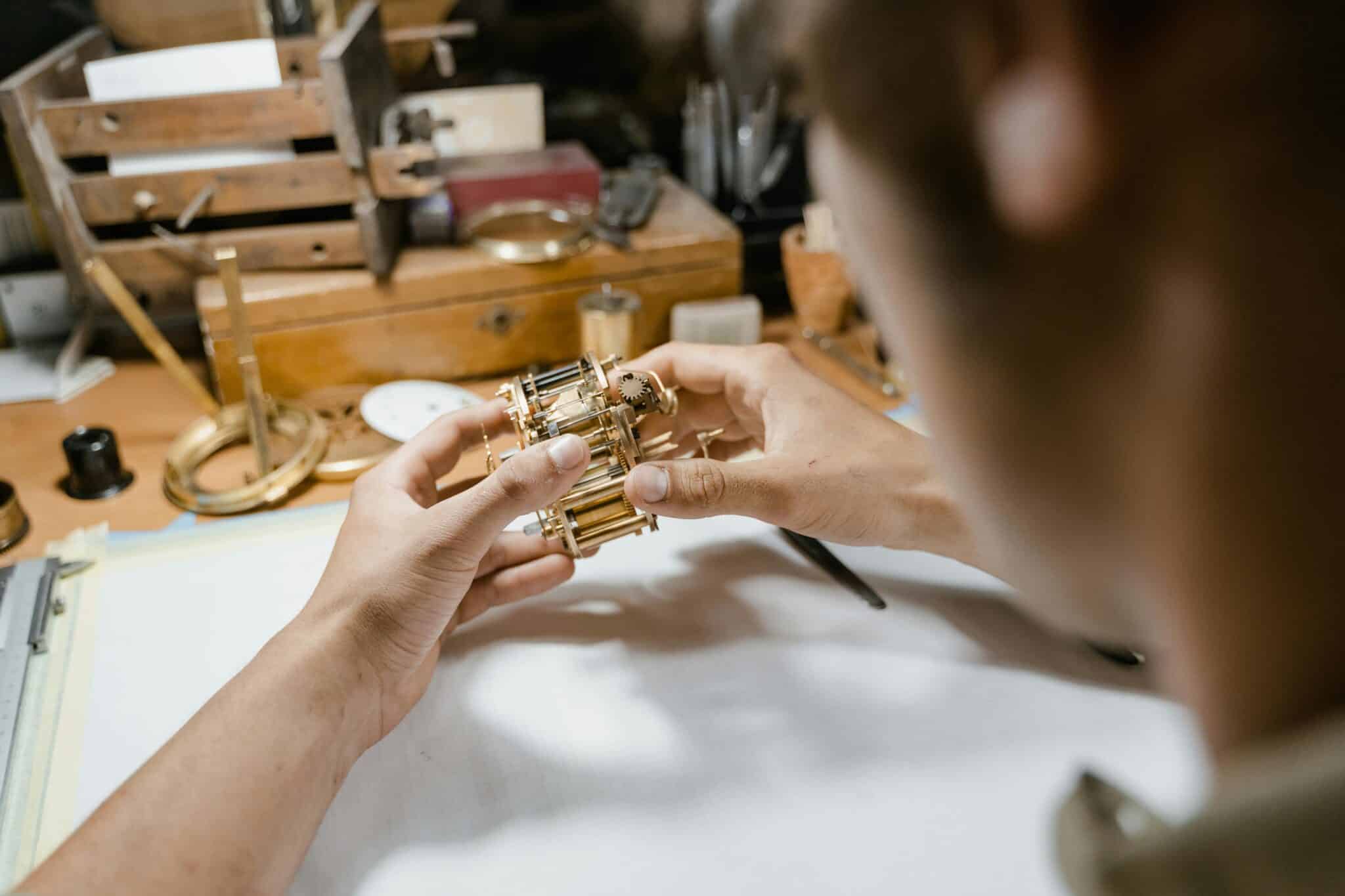
How to Enroll in a Watchmaking Workshop
Starting your journey takes a little planning. Look for workshops that match your goals. New York City has many classes; pick one that fits your interests and skill level.
Research Available Workshops
First, survey the NYC landscape. Schools and studios publish schedules and outlines online. The Horological Society of New York, Atelier d’Antoine, and Objectif Horlogerie provide clear descriptions of formats, prerequisites (if any), and what you’ll do at the bench.
Sign Up for a Class
Once you’ve compared options, register early. Popular dates fill quickly, especially in small-group formats. Check any required materials, attire, or timing so you arrive prepared.
Preparation and What to Expect
Get familiar with basic horology terms to get more from your class. Expect a mix of hands-on practice, short demos, and guided assembly. Providers like Objectif Horlogerie often share pre-class tips (safety, posture, and tool etiquette) to streamline your first session.
Conclusion
Watchmaking workshops in New York offer a rare chance to explore a detailed and fulfilling craft. You’ll sharpen skills, connect with a vibrant community, and deepen your appreciation for the engineering and aesthetics of timepieces. Whether you choose HSNY, Atelier d’Antoine, or Objectif Horlogerie, you’ll find formats tailored to different levels and goals—so you can progress from curiosity to confident bench work.
FAQ
What is horology?
Horology is the art and science of timekeeping. It involves designing, making, and maintaining timepieces, plus the mechanics and history behind them.
What types of workshops are available in New York?
New York offers introductory Discovery sessions and more advanced Masterclasses. Institutions like HSNY and providers such as Objectif Horlogerie span different levels, with an emphasis on hands-on learning.
Do I need prior experience to attend a workshop?
No. Many courses—especially Discovery-level—welcome newcomers. The aim is to build essential technique and comfort with tools.
How can I find more information about workshops?
Check program pages for dates, outlines, and prerequisites. You’ll find clear schedules and booking details from major providers, including Objectif Horlogerie.
Is pre-registration required?
Yes. Most workshops have limited seating. Register early to secure your preferred date and time.
What will I actually learn?
You’ll handle tools safely, practice disassembly/assembly of a mechanical movement, and learn to identify key components. Some sessions add basic troubleshooting and movement care.
